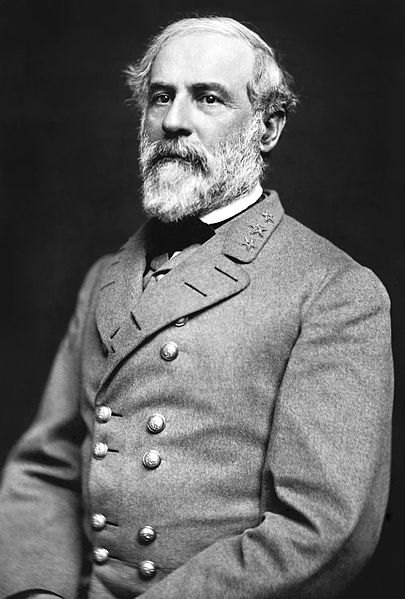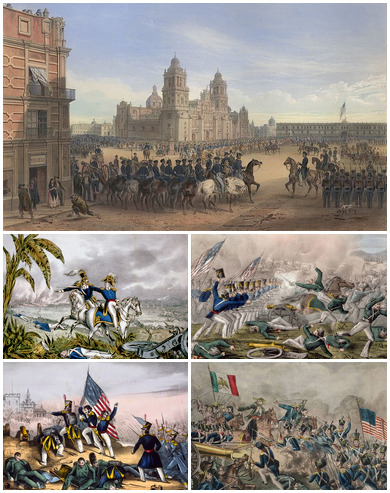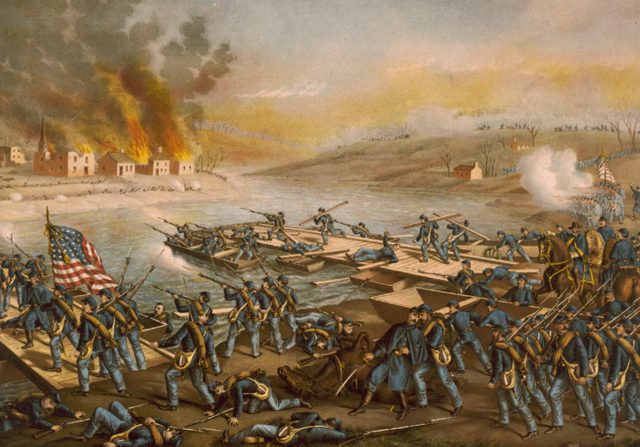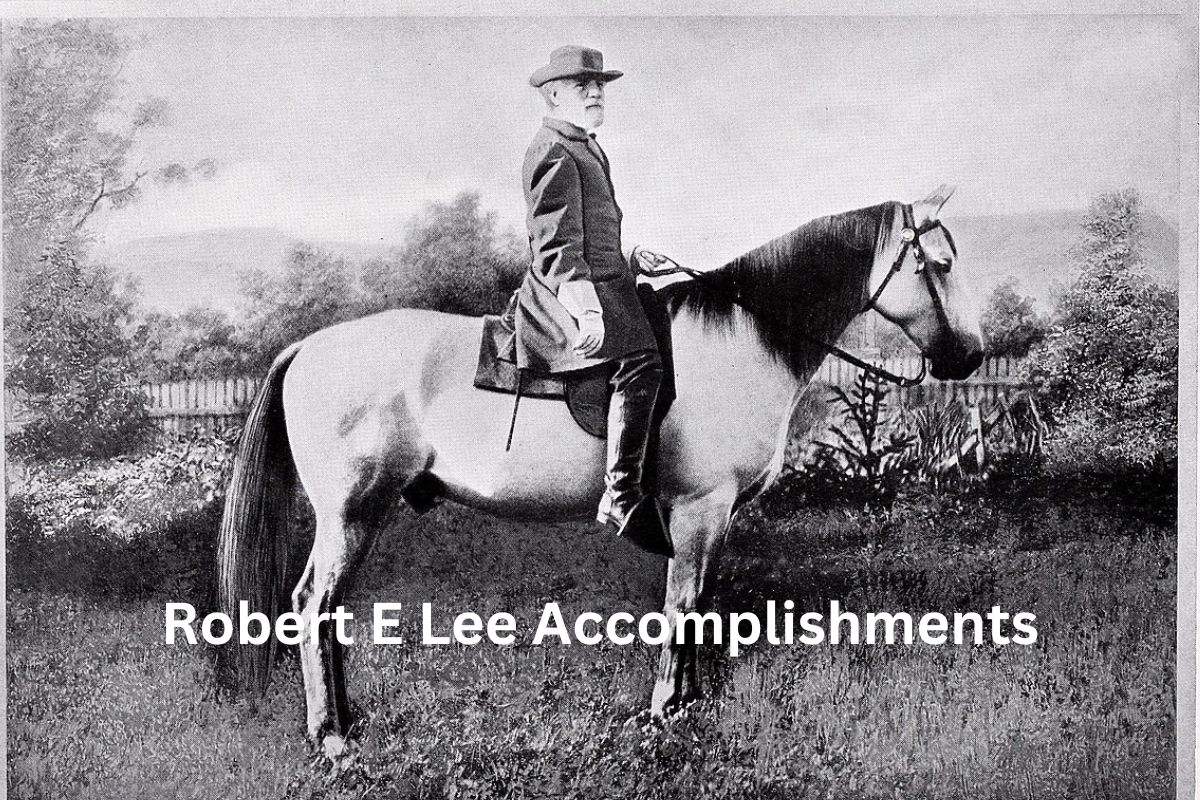Robert E. Lee had a distinguished and multifaceted career that spanned military leadership, education, and engineering. He is best known for his role as the commanding general of the Confederate Army of Northern Virginia during the American Civil War.
Lee’s strategic brilliance and tactical prowess allowed him to achieve remarkable victories against the Union Army, despite being outnumbered and outgunned. Prior to his military career, he served as the Superintendent of the United States Military Academy at West Point, where he implemented reforms that modernized the academy’s curriculum and disciplinary system.
Lee’s contributions as a military engineer were significant, as he played a crucial role in constructing coastal defenses, improving infrastructure, and overseeing various engineering projects.
Beyond his military accomplishments, Lee managed and transformed Arlington House, a grand estate he inherited, into a symbol of Southern elegance. After the war, he became the president of Washington College, working diligently to rebuild the institution and implement educational reforms.
Despite the controversies surrounding his historical legacy, Robert E. Lee’s career is marked by his leadership, strategic acumen, and lasting impact on military tactics, education, and infrastructure.

Accomplishments of Robert E Lee
1. Commanded the Confederate Army of Northern Virginia during the American Civil War
Robert E. Lee’s most notable accomplishment was his role as the commanding general of the Confederate Army of Northern Virginia during the American Civil War. He took command in June 1862 and led his army in numerous crucial battles.
Also Read: Facts About Robert E Lee
Lee’s strategic brilliance and tactical maneuvers allowed the Confederate forces to achieve remarkable victories against the Union Army, despite being outnumbered and outgunned. His leadership at the battles of Second Bull Run, Fredericksburg, and Chancellorsville showcased his ability to outmaneuver and defeat his adversaries.
Lee’s military successes earned him the respect and admiration of his troops and established him as one of the most prominent Confederate generals.
2. Served as the Superintendent of the United States Military Academy at West Point
From 1852 to 1855, Lee served as the Superintendent of the United States Military Academy at West Point. During his tenure, he implemented reforms that modernized the curriculum and disciplinary system of the academy.
Lee emphasized academic excellence and introduced changes that enhanced the quality of education and training for future military officers. His reforms had a lasting impact on West Point, influencing the institution’s development and shaping the education of future generations of military leaders.
3. Fought with distinction in the Mexican-American War
Robert E. Lee gained recognition for his military prowess during the Mexican-American War (1846-1848). He served as a staff officer and demonstrated bravery and skill in various engagements.

His leadership and tactical abilities were evident at the Battle of Cerro Gordo, where he executed a successful flanking maneuver that contributed to the American victory. He also played a crucial role in the Battle of Contreras, contributing to the defeat of Mexican forces.
Lee’s exemplary performance in the Mexican-American War foreshadowed his future military achievements and established his reputation as a capable and resourceful officer.
4. Made significant contributions as a military engineer
Prior to the Civil War, Robert E. Lee excelled as a military engineer. He was involved in various engineering projects that aimed to improve the nation’s infrastructure and enhance military defenses.
Lee played a key role in the construction of coastal defenses along the Atlantic seaboard, including Forts Monroe and Pulaski.
He also worked on river and harbor improvements, contributing to the development of navigational channels and the construction of lighthouses. Lee’s expertise in engineering allowed him to contribute to the nation’s military preparedness and the advancement of civil engineering projects.
5. Inherited and managed Arlington House

Robert E. Lee inherited Arlington House, a grand mansion located in Virginia, from his father-in-law, George Washington Parke Custis.
Lee took great pride in the estate and managed it meticulously. He oversaw the maintenance and improvement of the property, transforming it into a beautiful and well-manicured estate.
Under Lee’s care, Arlington House became a symbol of Southern elegance and hospitality. However, during the Civil War, the property was confiscated by the Union Army and eventually transformed into Arlington National Cemetery.
6. Served as the president of Washington College (now Washington and Lee University)
After the Civil War, Robert E. Lee accepted the position of president at Washington College in Lexington, Virginia. He assumed the role in 1865 and worked diligently to rebuild the college, which had been severely affected by the war.
Lee implemented reforms that expanded the curriculum and aimed to enhance the quality of education at the institution. His leadership and dedication helped revive the college and establish its reputation as a prestigious educational institution.
To honor Lee’s contributions, the college was renamed Washington and Lee University following his death. Lee’s presidency at Washington College remains a significant part of his legacy as an educator and a symbol of post-war reconciliation.
7. Led the Virginia Military Institute as superintendent
Before becoming the president of Washington College, Robert E. Lee briefly served as the superintendent of the Virginia Military Institute (VMI) in Lexington, Virginia.
He took on this role in 1865, shortly after the end of the Civil War. Lee focused on rebuilding and reorganizing the institute, which had also suffered during the war.
He implemented changes to improve the curriculum, discipline, and administration of VMI. Lee’s tenure at VMI helped restore the institution’s reputation and laid the foundation for its future success as a leading military college.
8. Known for his personal character and leadership qualities
Robert E. Lee was widely respected for his personal character and leadership qualities. He was known for his integrity, humility, and unwavering commitment to duty. Lee led by example and instilled discipline and loyalty in his troops.
His soldiers held him in high regard, often referring to him as “Marse Robert” out of affection and respect. Lee’s character and leadership qualities continue to be studied and admired by historians, military leaders, and scholars.
9. Developed innovative defensive tactics during the Civil War

Throughout the Civil War, Robert E. Lee developed innovative defensive tactics that allowed his outnumbered Confederate forces to hold off the Union Army’s advances.
He implemented trench warfare and entrenchments, making effective use of fortified positions and natural barriers to protect his troops. Lee’s tactical brilliance was evident in battles such as Fredericksburg and Cold Harbor, where his defensive strategies inflicted heavy casualties on Union forces while minimizing losses for his own troops.
His innovative tactics showcased his ability to adapt to the evolving nature of warfare during the Civil War.
10. Has a controversial but significant historical legacy
Robert E. Lee’s historical legacy is both significant and controversial. While admired by many in the South as a symbol of honor and valor, he is also viewed by others as a representative of the Confederacy and the institution of slavery.
Lee’s decision to join the Confederacy and lead its army during the Civil War places him within the context of a deeply divisive period in American history. His role in the war and his association with the Confederacy have sparked ongoing debates and discussions regarding his place in history.
However, regardless of differing opinions, Lee’s military accomplishments, leadership qualities, and contributions to education and engineering remain important aspects of his historical legacy.
